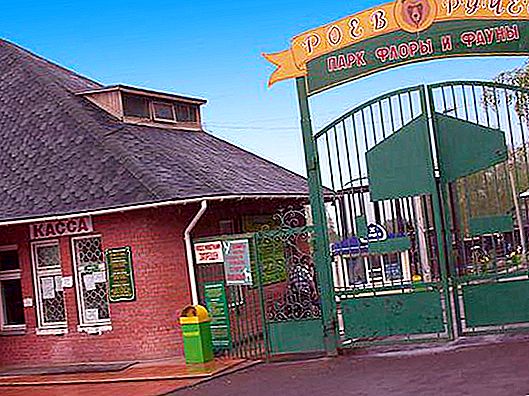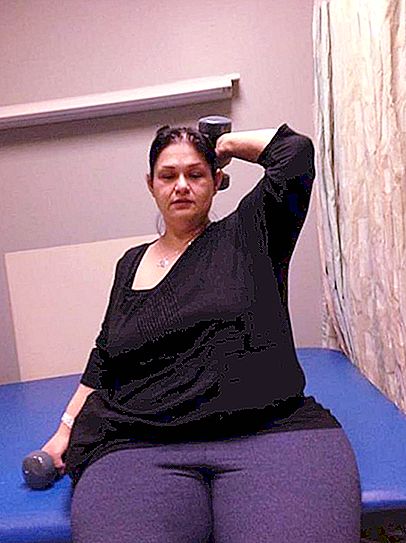Reisen Mark is a great Soviet opera singer, whose voice spanned two and a half octaves, and to which all bass parts without exception were subject. The Guinness Book of Records was replenished thanks to his performance on the stage of the Bolshoi Theater at the age of 90 with the performance of a part from Eugene Onegin.
Childhood
In the village of Zaitsevo, near the large railway junction of Nikitovka, Reisen Mark was born in 1895. He was born into a large and friendly family of a coal loader with five children. Grandfather and grandmother lived with their family, but in a separate outbuilding. Mother took care of all. The family was musical. Everyone knew how to play the mandolin, balalaika, guitar and accordion. It was a lot of fun in the evenings when this ensemble played.
Military youth
At 19, he was drafted into the army, as the country took part in the First World War. Mark was wounded twice, went to hospitals, received two military awards for his valor and courage - St. George's Crosses III and IV degrees. In the army, with the participation of the cornet, Emelyanov sang to the accompaniment of the regimental orchestra. It turned out so well that in between the fights an orchestra of folk instruments was created. But such a rest between fights ended quickly. Active hostilities began in Galicia. After the first battle, Reisen Mark, seriously wounded, was sent to the hospital. After this wound, he was demobilized, and he went to Kharkov. He was 22 years old.
Way to music
After treatment at the hospital, Reisen Mark decided to become an engineer. To do this, he entered the Kharkov Institute, but after much persuasion of a friend who caused only laughter (singer - is this work for a man?), He began to study at the Kharkov Conservatory. Federico Bugamelli was his vocal teacher in 1917, who left home a year later. He called a capable student to Italy, promised to make a star of world scenes.
Kharkov and Leningrad
But Reisen remained in Kharkov, and since 1921 he has already been a soloist at the Kharkov Opera House. He sings the part of Pimen in Boris Godunov. At the same time, Mark Reisen tirelessly learns from both actors and conductors.
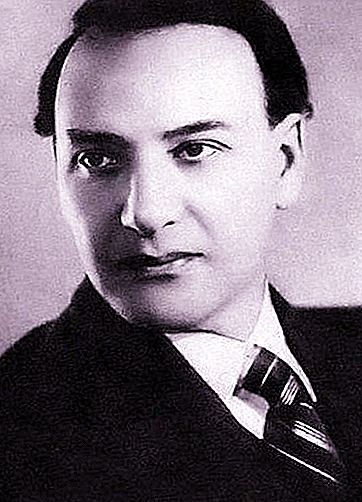
And in 1925 he sings already on the stage of the Mariinsky Theater in Leningrad. He is considered the successor of the Russian singing tradition, coming from F.I. Chaliapin. And growth, and voice he, as they say, "came out." And the voice was unique: powerful, flexible, velvety, with a soft beautiful timbre. Reisen took the range from the large octave fa (very low note) to the A flat first. The diction of the singer was impeccable.
In Moscow
Such a performer could not be overlooked in the capital, and he was invited to tour. He performed at the Bolshoi in the opera Prince Igor, in which he sang the main part. After that he was invited to the government box, and the leader said, not accepting excuses, that now Mark Osipovich would work at the Bolshoi Theater.
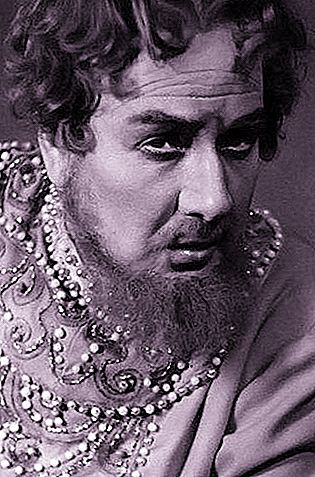
And although his family had a settled life in Leningrad, they had to leave the place and urgently move to Moscow. Stalin’s decision was a law for everyone, and Mark Osipovich Reisen was no exception. His biography is now forever associated with the Bolshoi Theater. Here he received three Stalin Prizes (1941, 1949, 1951), three Orders of Lenin (1937, 1951, 1976), the Order of the Red Banner of Labor (1955), the Order of Friendship of Peoples (1985), and the title of People's Artist of the USSR (1937). So recognized the merits of the singer's homeland.
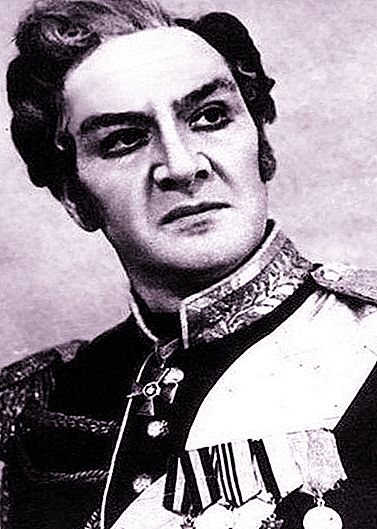
Those who heard Mark Reisen sing and play rewards and awards were considered rightly deserved. In the Bolshoi Theater for twenty-five years of work, Mark Osipovich played all the leading bass parts. The actors standing alongside him on the stage, and the audience created the images that were remembered. Here is the insidious mocking Mephistopheles, a handsome of handsome men, singing a mockery of Margaret's serenade. Here is a crouching and gradually revealing from the quietest piano to Basilio's powerful rise in praise of slander. Here is Susanin, a man from the people, capable of heroically defending his homeland, the drama of which was revealed by the singer, working a lot on this image. Full of dignity and nobility Gremin. Boris Godunov rushes and suffers. But the most vivid image - they all say it with one voice - is Dosipheus. This was made possible thanks to the highest vocals and acting abilities of the singer. After all, even turning his back to the audience in this game, with his voice filling the entire hall, he conveyed all the nuances and shades of the character’s feelings. The actor and the actor selected the makeup and costume for each party, using historical sources and not forgetting about his own personality.
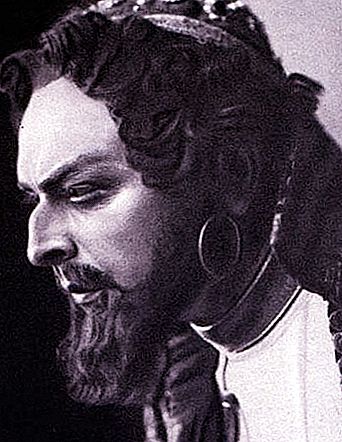
But each image with each new performance was improved, because it is a long process and not limited to rehearsals before the premiere. And as a result, an image appeared in front of the amazed spectator, in which gestures, music, and voice merged into a single whole.



